SUNDAY PROFILE: Jenny Dowell's life of helping others
Liina Flynn
15 January 2021, 3:59 AM

It’s not every day that someone designs a tea towel to celebrate the contribution a person has made to their community – but that’s exactly what happened to Lismore’s ex-mayor Jenny Dowell.
If you do own a Jenny Dowell tea towel, especially the yellow one – consider yourself lucky, because that was the original print run edition and are now considered collector’s items. It sold out so quickly that more print runs were done after.
“A market designer wanted to make one as a tribute with proceeds going to a charity,” Jenny said. “So, I collaborated with her and chose the charity Dirty Laundry Day – which raised awareness about domestic violence towards women.”
The popular former mayor has held a high profile for many years and is renowned for helping the community in volunteer roles - she is now also an actor, book reviewer, mayoral mentor and on multiple formative committees.
Roots
Jenny was born in rural Victoria, in Beaconsfield as the eldest of four children. She went to high school, then at 17, went to teacher’s college in Geelong. She started teaching deaf children in Melbourne, then went to La Trobe University to do Arts and Education Degrees when she was 21. while still working as a teacher.
“I was interested in teaching speech to profoundly deaf children and the university wanted a tutor to teach teachers how to work with them,” Jenny said. “Then I went on to lecture at universities for 10 years.”
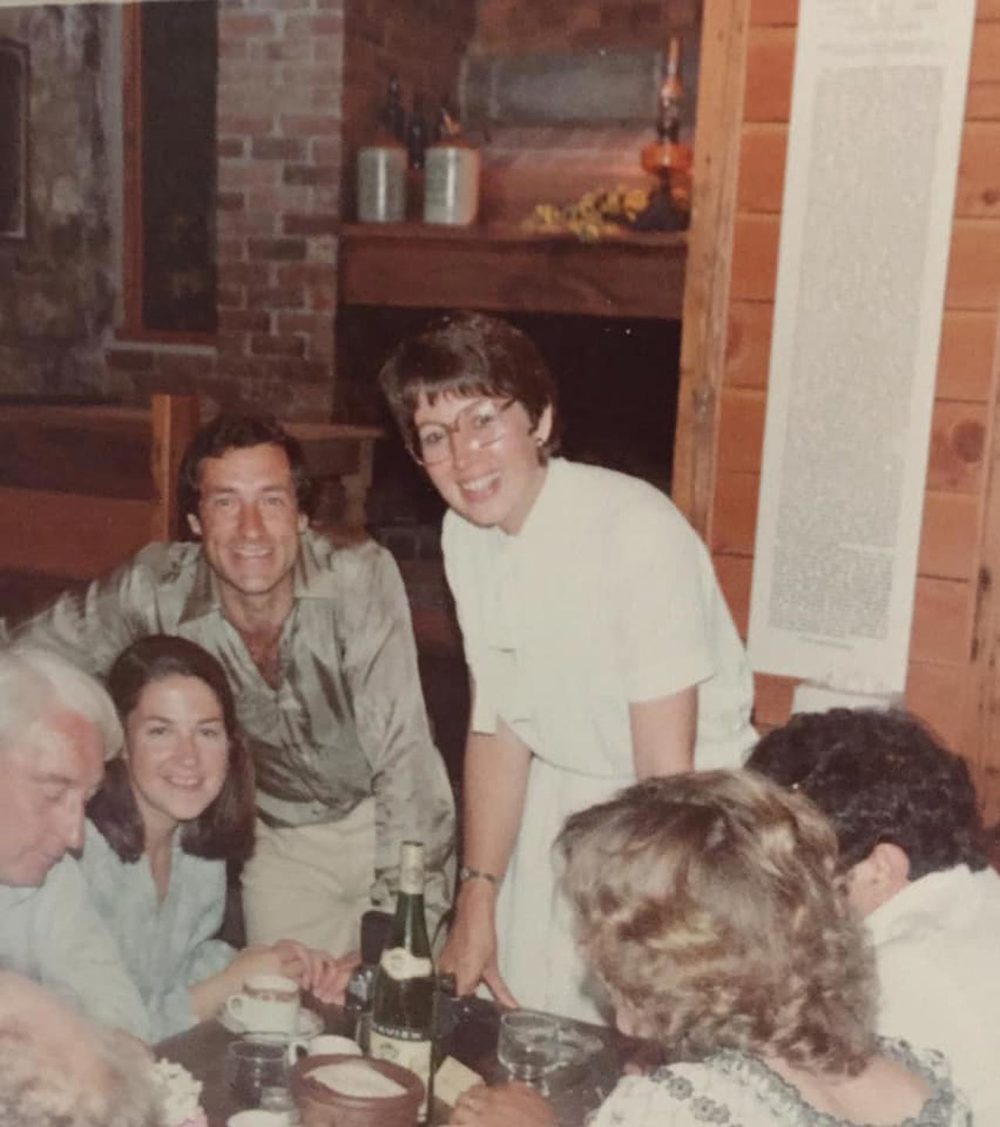
Jenny and Ron
She was 29 when she first met the man who as to become her husband - Ron.
“He was living with a friend of mine and asked how audiograms worked,” Jenny said. “It turned out to be a date and we quickly hit it off and were married a few months later.”
Fast forward a few years and while Jenny was working at university and teaching at schools, Ron was working as a public servant in Victoria.
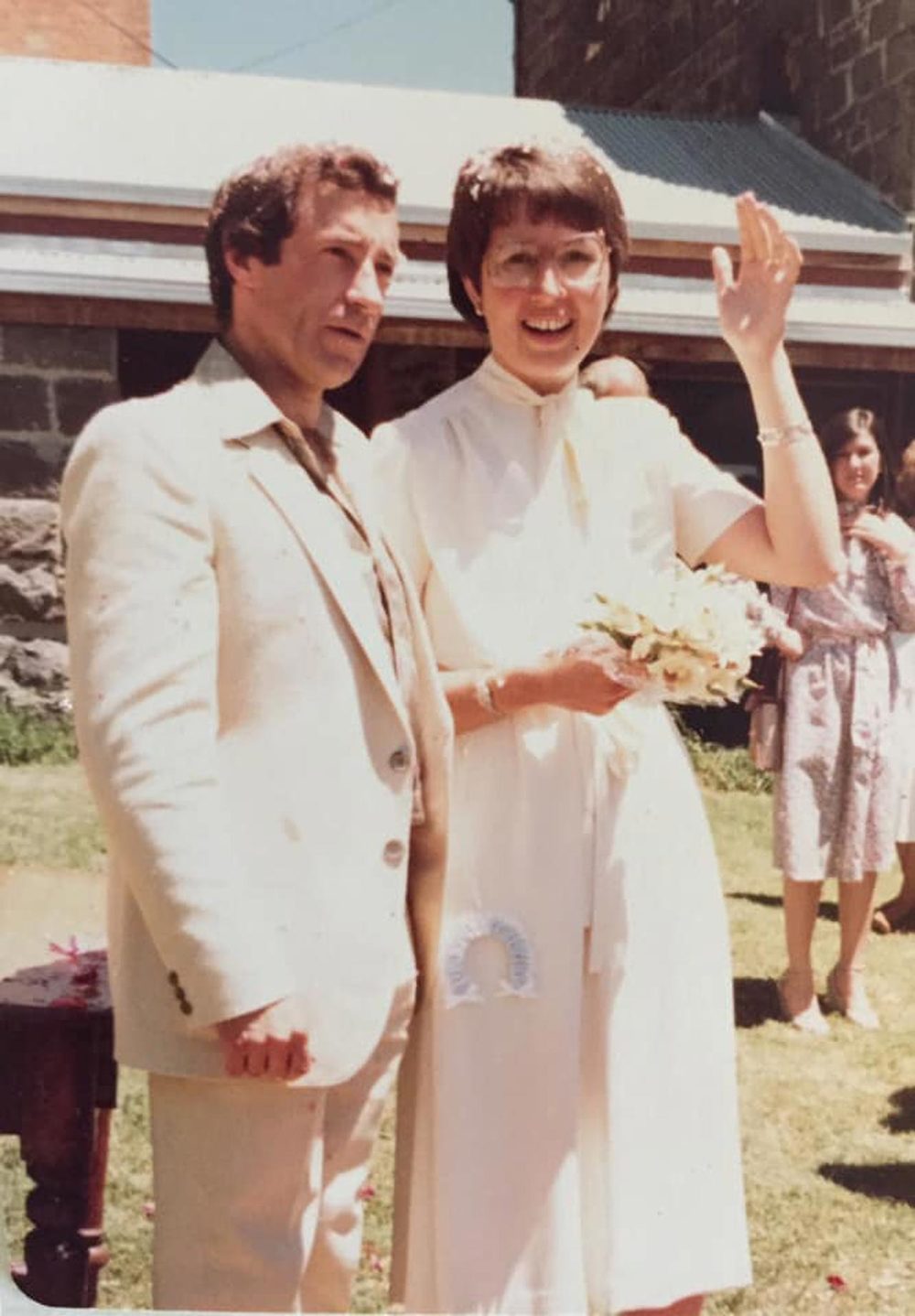
Lismore
“Then he applied for a job as tourism lecturer at Southern Cross University in Lismore and got it,” Jenny said. “So, we came up to Lismore.
“I felt like I’d come to a foreign country,” Jenny said. “We rented and settled the kids into school and I did canteen work. I knew about three people here but we met people through the community.
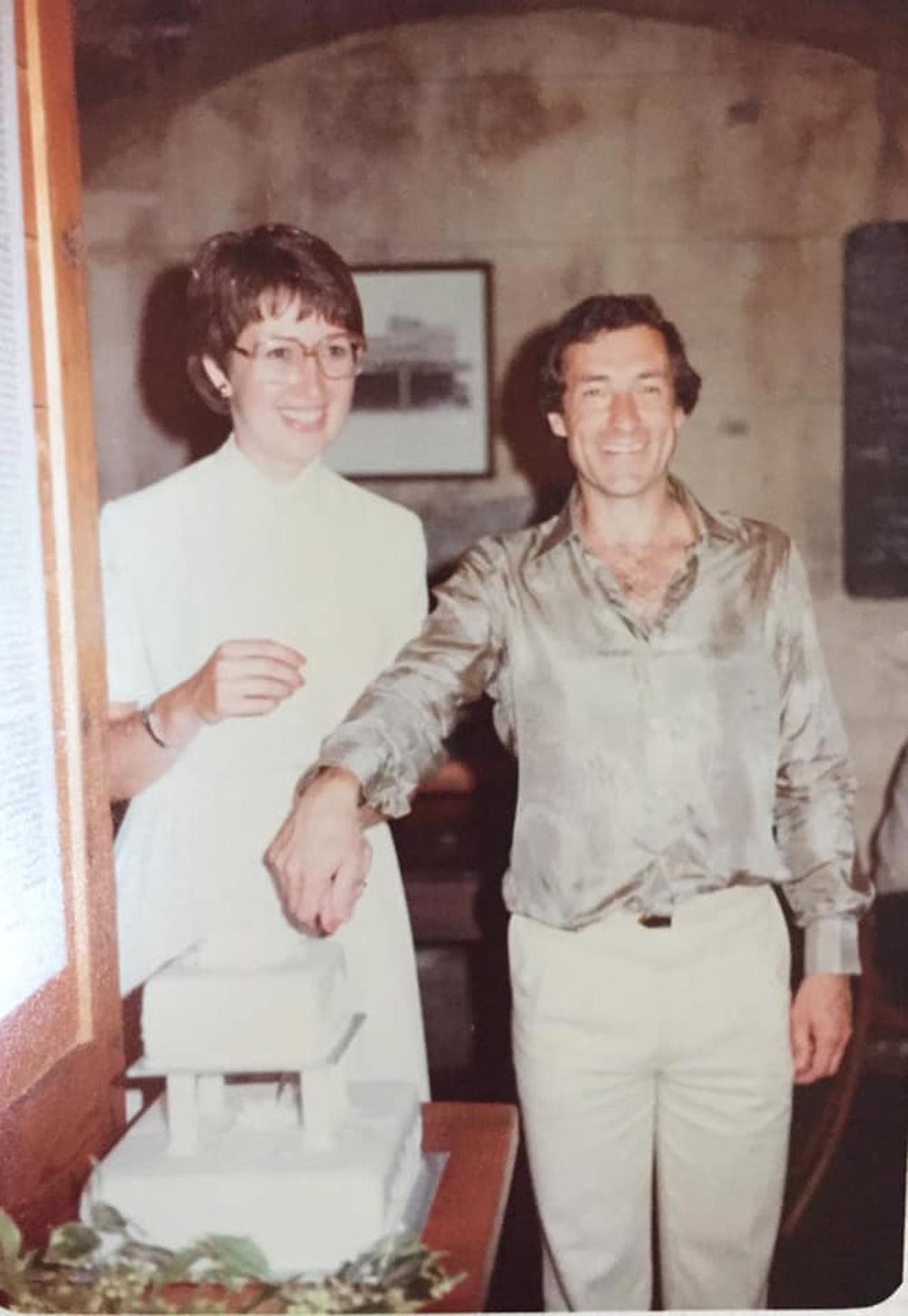
Jobless and busy
“I was jobless and applied to do some teaching, but it was like moving from another county and I needed to get my qualifications recognised, so I became a volunteer driver with community transport and took elderly people to doctor’s appointments.
“It was a way to meet people and keep busy and be useful.
“Then I got some teaching work at Wilsons Park School, then a permanent position for 14 years with the Education Department working with Aboriginal children.
Drive for justice
As she was growing up, Jenny’s family were conservative voters, but jenny said her drive for justice grew as she did.
“We were not a rich family and I had a big drive to believe in what was fair,” Jenny said.
“At university, I became involved in social justice issues and it was a natural progression towards wanting to make the world better place.”
Why move from teaching to politics?
Jenny’s political journey began a council meeting at Caniaba in the late 1990s.
“In those days councils moved around and did rural meetings,” jenny said. “At the time I was a volunteer at the Lismore neighbourhood centre and we had the needle exchange there – it was a great health initiative. We needed to move location, but some councillors didn’t want the syringe program to go there too.
“I was horrified that councillors could be swayed by residents who didn’t want it, so a group of us went to the meeting. That was my first look at Council - and I was not impressed.
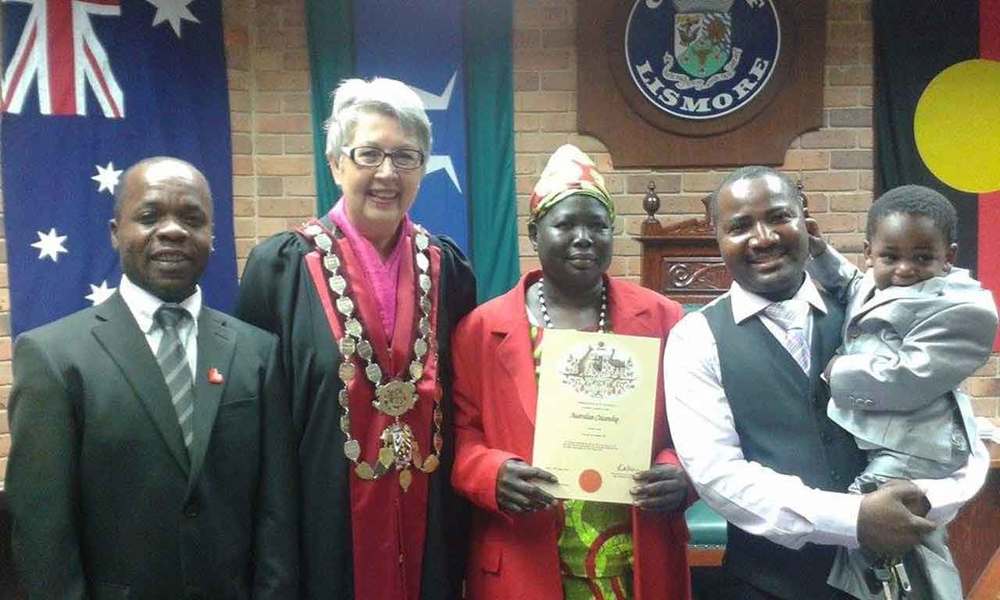
Why join the Labor party?
“In 1998, Joy Matthews, the mayor of Maclean, was running and I believed that to make a change, don’t criticise unless you do something. So, I rocked up to her campaign office and helped her door knock - but I didn’t join the Labor party till a few years later.
“A few years later in 2003, I decided to run on a Labor party ticket for election in Lismore. So, a year before election, I started going to council meetings and saw councillors sleeping, or not having done the reading, or asking questions I knew the answers to because I had read the business paper.
“I realised you didn’t need to be Einstein to do the job, so I challenged the people above me on the Labor ticket and asked for a ballot for the top position. Then the people who were top of the ticket said we think you’d be fantastic and they stepped down.
“That’s when I needed people to get to know who I was - so I door knocked 3,500 houses that first election - through summer, after work - to get my name out there.”
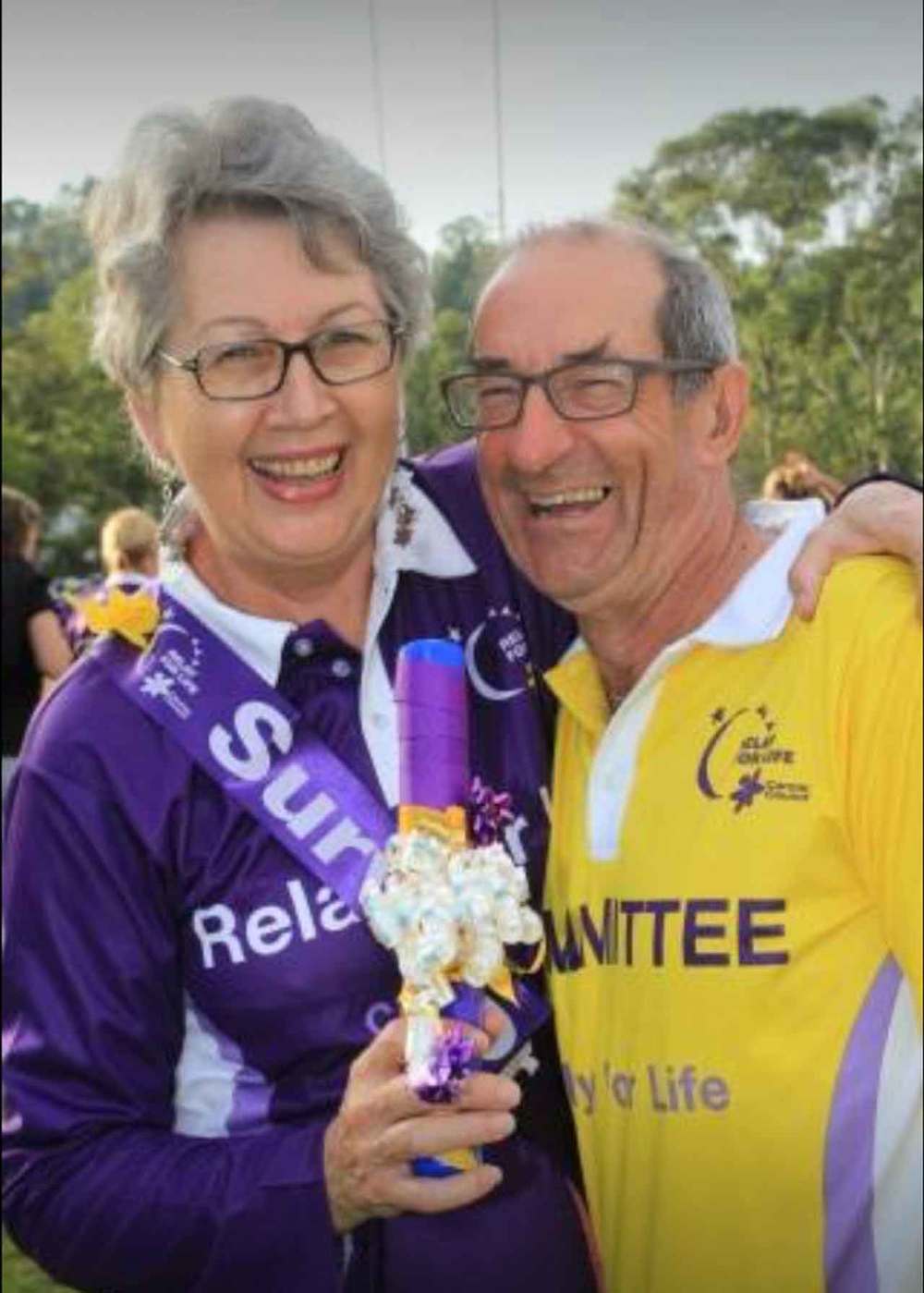
Councillor to Mayor
And so, Jenny was voted into Lismore City Council as a councillor in 2004. Then in 2008, she ran for mayor. She then spent 12.5 years on council, with eight of those as mayor.
“The year I was elected onto council was a year that there was a good relationship between all the progressive councillors like Vanessa Ekins and Simon Clough - they all worked together and backed me for mayor,” she said. “If there had been a split vote, John Chant would have won.
“I would love to see that happen again this next election.
“The conservatives will never do that – I have a philosophy about it. It’s because their parties are generally headed by men and their egos won’t allow them to do that.”
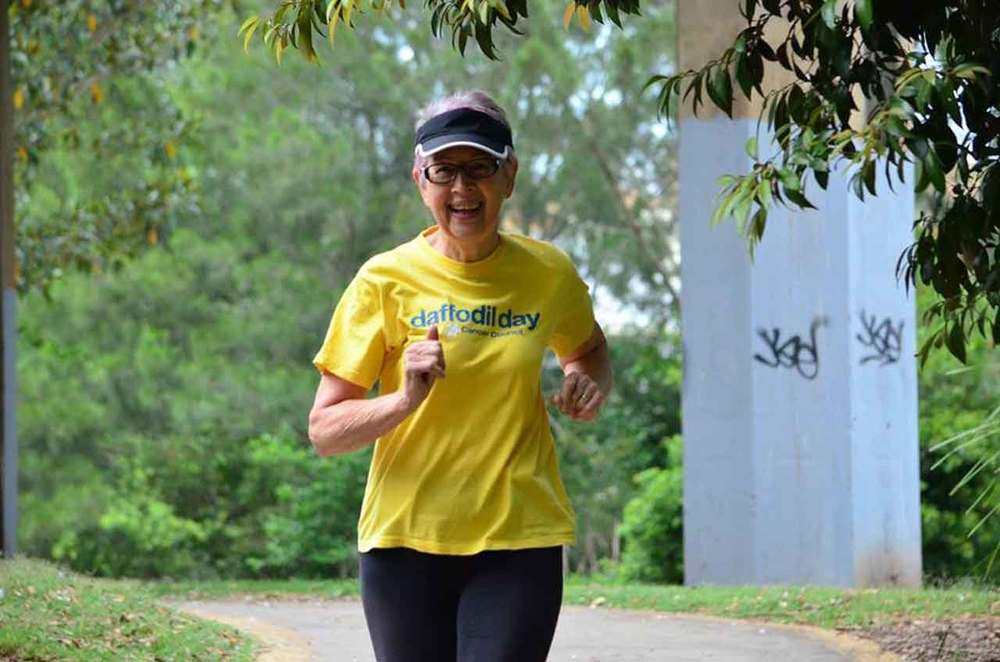
Cancer
In 2008, after a routine mammogram, Jenny was diagnosed with breast cancer. She received the news four days into her elected term as mayor and went on to have a mastectomy and six months of chemotherapy.
“Through it, I missed one council briefing and I never missed any meetings,” she said.
“Having a distraction was good – and a lot of ginger to stop the nausea.
“A meeting day at council would take me through until 11pm – so I would go home and have a 20 minute nap. Occasionally I would lay down the floor of my office and have a little nap. Chemo takes it out of you. It wasn’t easy, but I just got on with it.
“My first council photo was taken a drain hiding under my robes - and I wore a wig when I lost my hair.”
She got the ten year all clear from cancer in 2019, and said her chance of getting cancer again is the same as if she has never had it.”
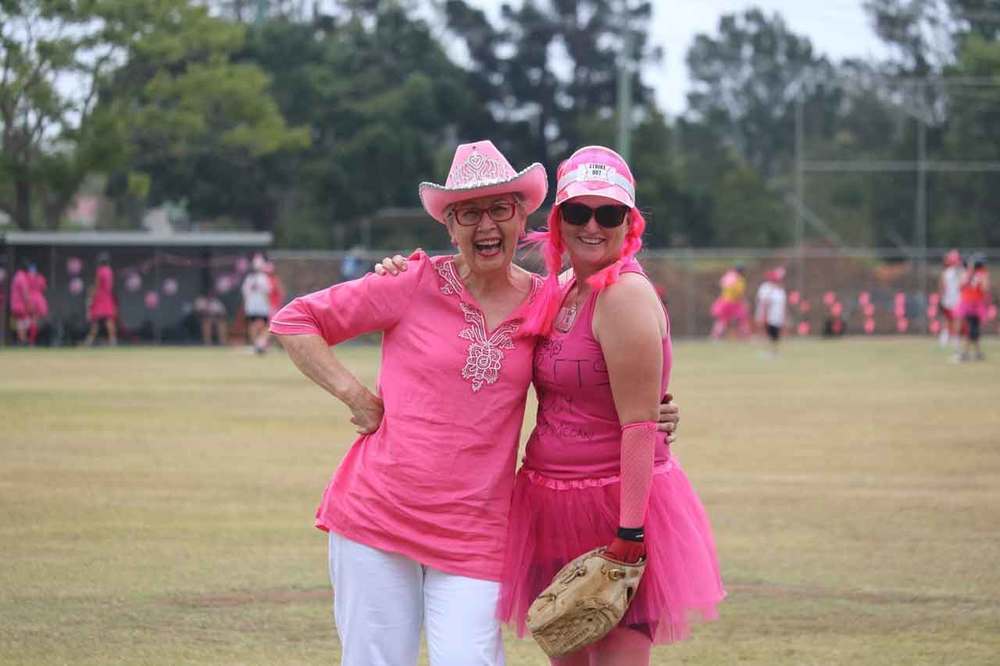
Women in politics
So, as a female in the top job in local politics, did Jenny ever experience sexism?
“Yes, there was some sexism from some of the older men, but it wasn’t too bad,’ Jenny said.
“The culture within Council at the time was set by the general manager and both Paul O’Sullivan and Gary Murphy set good cultural tine so I didn’t feel I was getting less information or spoken down to or treated differently or diminished in any way.
“When I was mayor, I was elected as head on NOROC – I was frequently the only female in a meeting and that didn’t occur to me till I saw a see of greys and dark blues and I was wearing a red jacket. Then, I realised I was the only woman here.
“One of the mayors there was telling an off joke and the other guys were staring to snicker a bit. he saw me there and said I’ll tell you fellas later, it’s not a suitable to tell in front of a lady.
“I said to him if it’s not suitable to be told in front of a lady, it’s not suitable to be told at all. he was suitably chastened.”
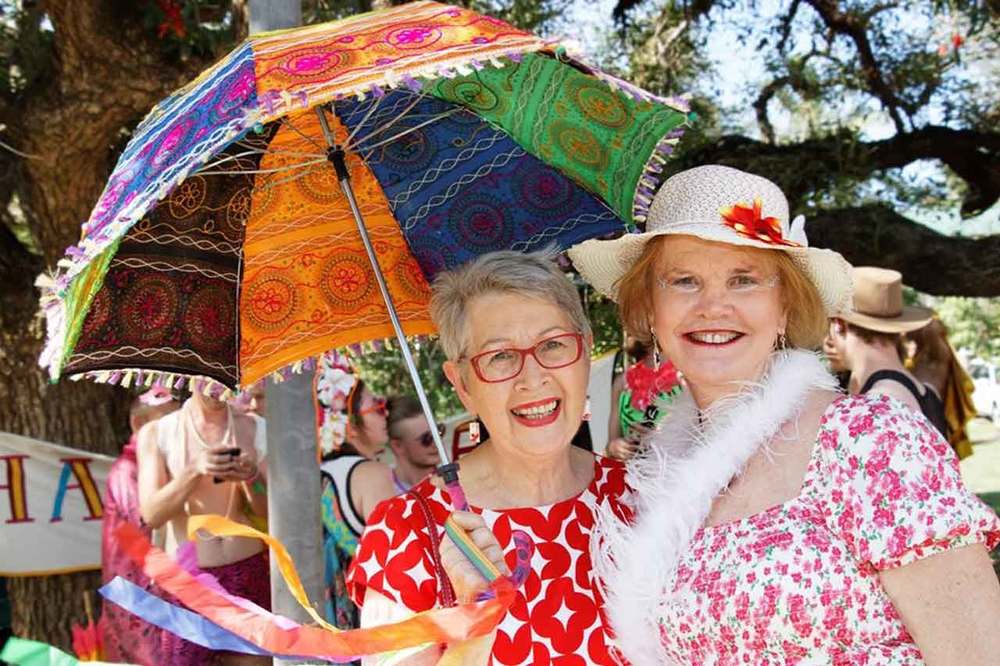
Where are the women in politics?
“When I was on Lismore Council, the most we had were three women out of 12 councillors,” Jenny said.
“The NSW average is the worst in Australia, with less than 30% of councils comprising of women
“I am now a mayoral mentor and mentor 18 mayors - and some councillors around the State. One of them is the only woman on her council and she’s having a tough time.
The more rural a council is, there tends to be less women – it’s often retired businessmen and farmers on council.
“We need to change things to get to 50% of councils made up of women. Not just for tokenistic reasons, but women are in touch with a different area of community like health,
education, support services. they think about the community in a broader way.
“Men traditionally come from a business or a farming background, not community or public service sector.
“A lot of men would say we are here for the rate payers. I would say no we are not. We are here for everyone – people in private rentals and social housing too.
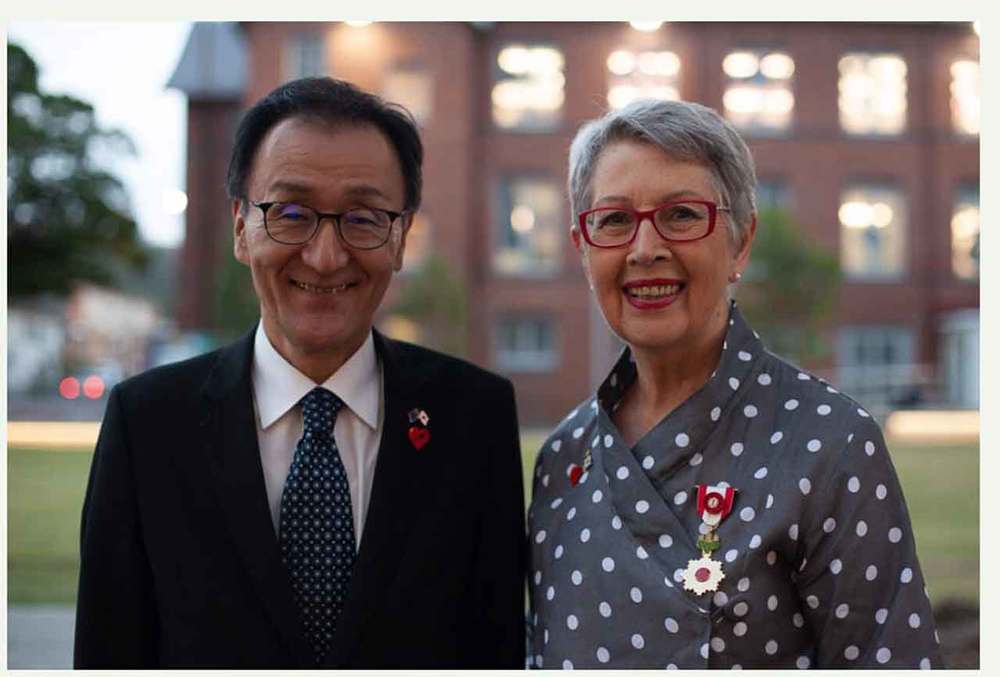
Slow change
“Things are changing, but too slowly. More women are getting elected but women who are putting up their hand are not going on the top of the ticket – they are just filling the numbers and have no chance of getting elected.
“I met a woman at a meeting who said to me that she was listed number four on a ticket and realised too late she didn’t have a chance.
“When women do stand they will get elected if ethical and well known so it’s about nominating in winnable positions. When women vote for women, women win, Its true.”
“I ran sessions for 12 years before elections just for women telling them how to get elected and what they needed in their support teams to get elected – but change is very
slow.
Trolls and social media
“One of the drawbacks is the treatment councillors get and social media has a lot to answer for.
“Some councillors are put through the mill by trolls. If you stand up and speak out, keyboard warriors often make your life hell. people then think why would I put myself through that.
“I was an early adopter of social media and I was careful to post to friends, not in public places and I deleted and reported some people. It’s about working out your boundaries and working out who you will engage with - -otherwise you could spend all your time monitoring social media.
Time spent on the job
Jenny Dowell is widely known as the mayor who was very visible and always available when people needed her and would attend more than 20 official events every week – and up to eight in one day.
She didn’t have another job when she was the mayor, but she said many councillors are balancing other jobs with their council role and often pay a financial cost as a result of it.
“On Council, there’s no super, holiday pay or sick leave but you pay tax on the money you are paid,” she said.
“When I was on Council as mayor, I treated the job like a 24 hour job and would work 80 to 100 hours a week and would receive more than 100 emails a day.
“There are hours of reading to do as well. They say as a councillor you can get away with 15 to 20 hours a week of your time – that would be a minimum.
“As a mayor, people would invite you to attend event and my rule was if I was free I would go – if a ‘better’ one came up I wouldn’t change it.”
Jenny would fit in at least one night a week to spend with her husband Ron, and she said he was fabulous at understanding how busy she was.
“It was the best job of my life. I didn’t think it was anything other than a huge privilege to have it. It wasn’t always easy but I wouldn’t have swapped it for anything.
“I had a purpose and a fulfilling job to do and had something new to do every day and met amazing people.
“In 2016, I didn’t want it to be thing that defined me – and I stepped down – not wanting to stay too long as mayor.”
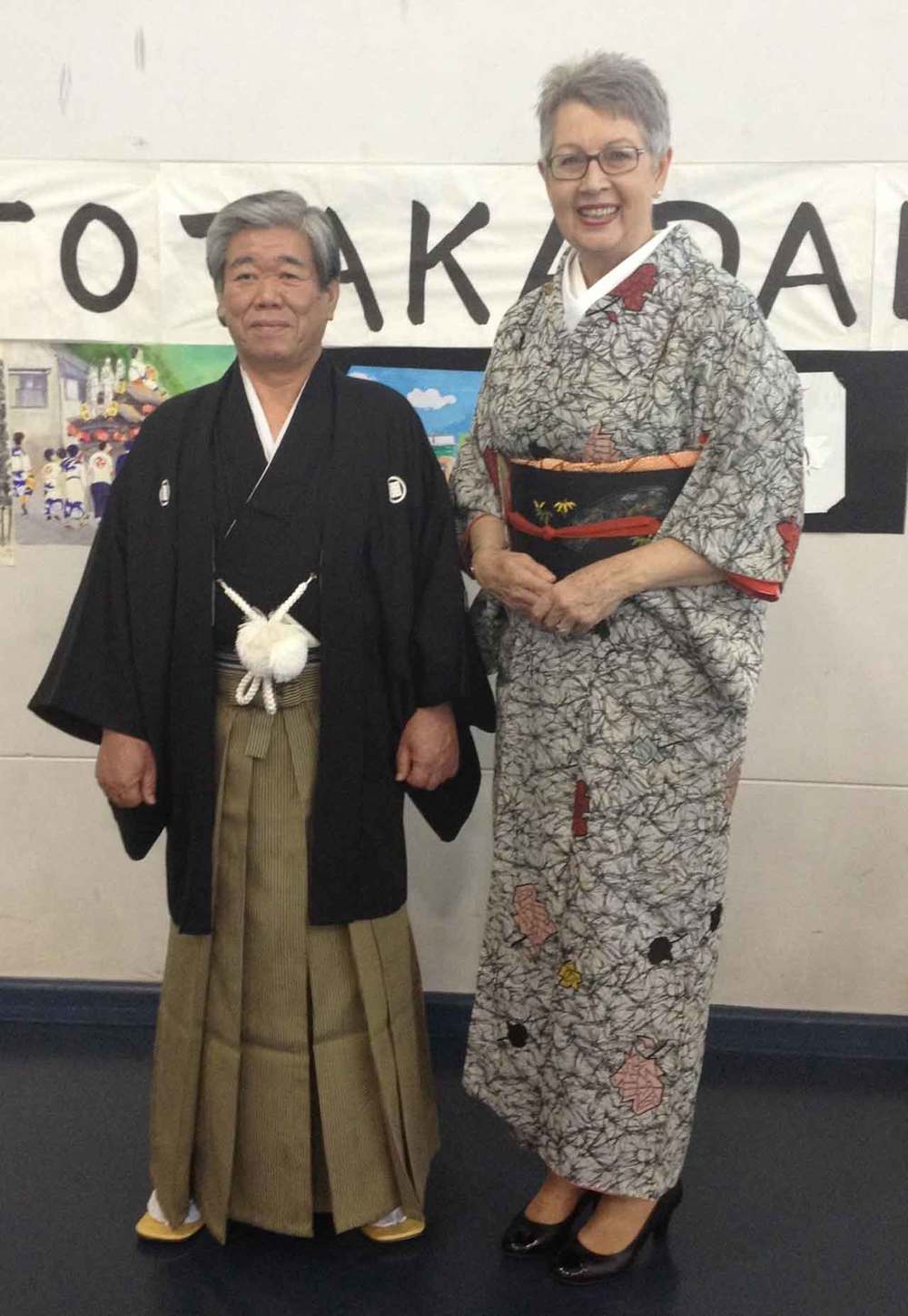
Contentious fluoride politics
When it comes to contentious council politics, Jenny said the one of the biggest issues in her term was the introduction of fluoride into the water supply. With a widely divided community on the issue, Jenny voted for it.
“Councillors voted for what they thought as individuals and I voted true to myself and voted for it – and I bore the cost of that,” she said.
“I had death threats, I was assaulted – it was a difficult one.
“Councillors so the best they can when they make decisions. I’m happy for people to say to me I don’t like Jenny Dowell’s decision on fluoride , but she explained to me why – people can live with that.
“But people get angry if they see decision made and they don’t know why. That also leaves a space in the debate for rumour, untruths and to circulate. Council needs to be clear on why decisions are made.”
Council finances
Jenny said she would never publicly criticism council, but that council’s dire financial position was due to local government’s being starved of funds they previously received from State and federal Governments.
“Councils don’t get enough money we have a hundred taxes in Australia and local government has access to only one of them and that’s land rates,” she said. “We have to go out with a begging bowl and councils have to provide more services that they ever used to.
“State government has already handed lots of jobs to councils as its agents, but they don’t pay them for – like health inspections. State Government either needs to take back those jobs or pay councils to do them.”
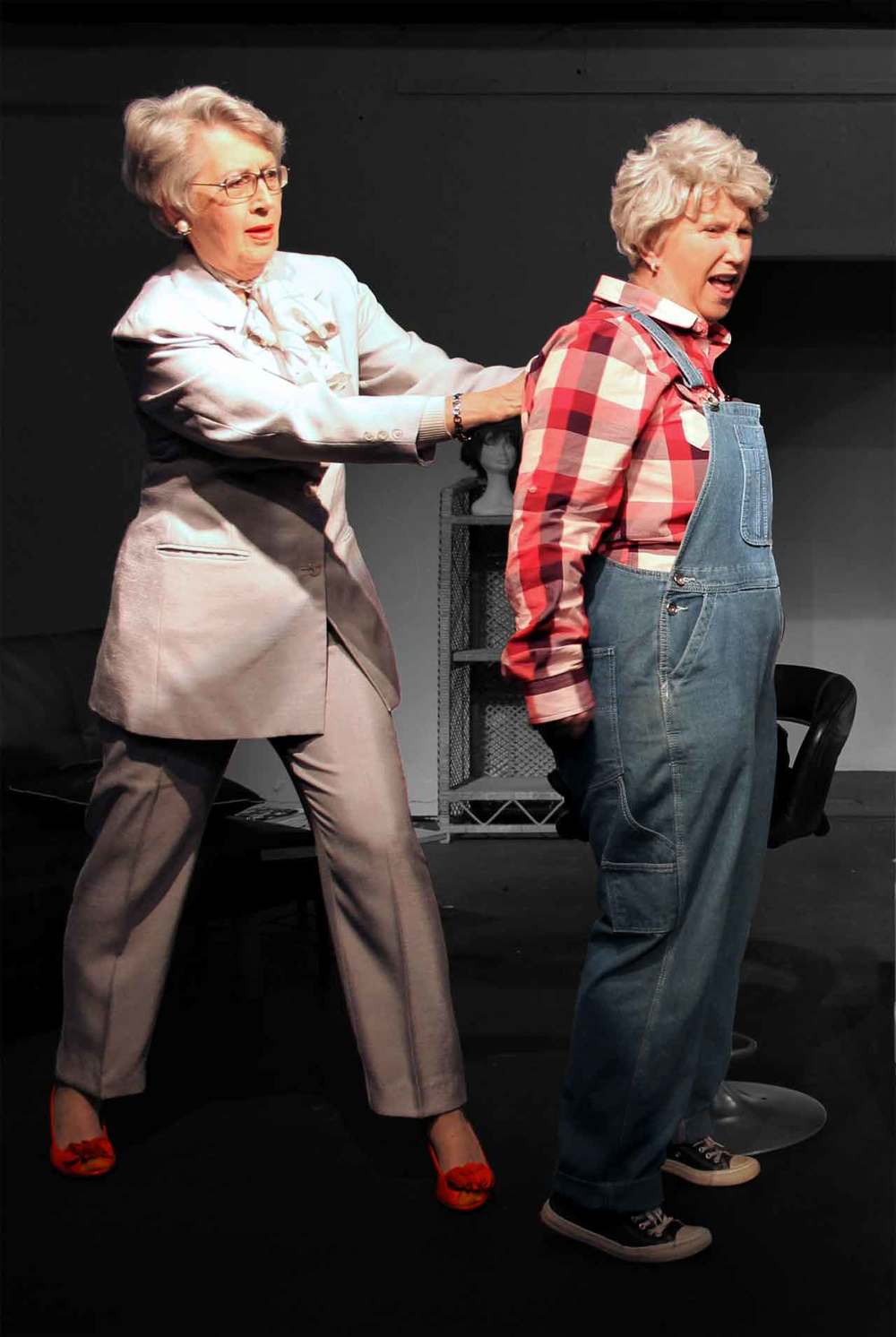
Thespian, book reader and fitness lover
Jenny found time for herself through her love of reading books and would read every evening. These days, she does a monthly book review for the regional Library and still reads about three books a week.
“I could not survive without reading,” she said. “When the kids were little, it was my escape and I always had reading time – it allows you to get into another world.
She walks, jogs, runs and keeps fit and now she’s retired, she’s involved with Lismore Theatre Company and acts in local plays.
“It was always a dream to act,” she said. “When I retired, I rocked up and got a stage role in the production Hedda Garbler. I wanted to be in one production a year and last year I did two – including cage Birds, Steel Magnolias and The Vagina Monologues.”
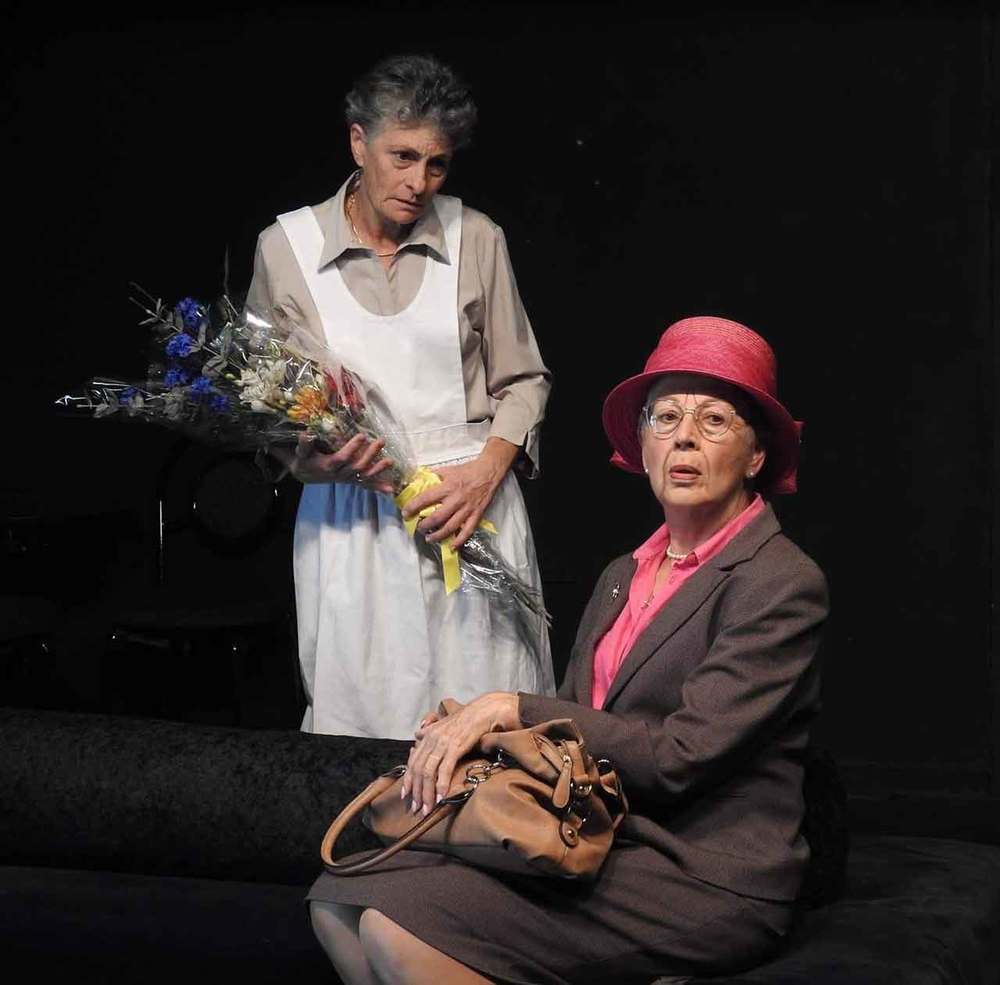
Volunteer work
Her list of activities these days is long – she is a mayoral mentor to other mayors around NSW, chair of the Conservatorium board, Northern Rivers regional Development Australia board member and six committees.
She volunteers with Lismore Theatre Company as media officer, as a Relay for Life survivors and carers coordinator, Red Cross Tea Rooms volunteer, Northern Rivers rail Trail Committee member and Park Run director.
She is busy – but she says it doesn’t take up as much of her time as being a mayor did.
She gardens, saves and grows seeds, is in a photography group.
At 70 years old, she is still going strong and says she feels really good and is looking forward to more acting, reading, writing and a busy, productive life.
CAFE'S & RESTAURANTS
ACCOMMODATION





